A hearing is scheduled for 9 a.m. Friday in Churchill County District Court where the court will consider the Truckee-Carson Irrigation District’s petition for a repayment contract with the U.S. Bureau of Reclamation for the repair the Truckee Canal in Fernley.
The City of Fernley is opposing the petition and the assessments imposed on water right holders, including the City, by TCID.The City is arguing that it shouldn’t be charged an assessment because the lining of the canal harms the City.
At the July 17 meeting of the Fernley City Council, attorney David Rigdon, who represents the City in water matters, said the Bureau of Reclamation put up the $35 million for the canal project. In 2022, TCID users voted to affirm the $35 million repayment contract between TCID and the Bureau of Reclamation, to be repaid over 50 years. Rigdon said TCID will get the money to repay the contract by placing an assessment on water users.
In 2008, a breach of the canal flooded about 600 homes in Fernley. Rigdon said that breach was caused because TCID, as the operator of the canal, failed to maintain the canal embankments where animals were burrowing. He further said the night before the flood happened, TCID opened the gates to Derby Dam, doubling the amount of its diversions.
“It basically sent a two-to-three-foot surge of water on top of what was already in the canal, and that caused the already weakened embankment to breach and it caused the flood to happen,” Rigdon said.
After an environmental review process, the Bureau of Reclamation in 2020 approved a project to line the entire 12.7 miles of the canal through Fernley. At the time, the Cityobjected to that as one of the alternatives to fix the canal, arguing that lining the canal would deplete the groundwater supplies by eliminating underground seepage from the canal.
Rigdon said the project to line all 12.7 miles of the canal with concrete was estimated to cost between $140 and $160 million, so the Bureau instead decided to move forward with Phase 1 of the project and line the first 3.1 miles, estimated to cost $35 million.
While the BOR put the money up front for the project, BOR entered into a repayment contract with the irrigation district to be paid back over the next 50 years. Rigdon said with interest, the annual repayment is about $1 million.
“Fernley is a holder of Newlands Project water rights, and so we get assessed for the costs of this project, that a) we didn’t have any hand in creating the problem, and b) is actually going to harm the City,” Rigdon said.
He estimated that over the next 50 years it will cost the Cityabout $2.5 million for its share of the repayment.
Rigdon said studies show that the canal provides 12,000 to 18,000 acre feet of recharge through the bottom of the canal to the aquifer. The City owns about 9,000 acre feet of groundwater rights, and the total committed underground water rights in the basin are about 12,000.
Rigdon also said seepage analysis in 2002 showed the canal doesn’t recharge equally over the whole stretch of the canal.
“Where they’re lining the canal just happens to coincide with some of the highest recharge areas of the canal,” he said. “This project actually hurts the City, and it didn’t have to be that way.”
The vast majority of the City’s water comes from groundwater, and although the City owns surface water rights, it can’t replace its groundwater with surface water because it gets its surface water through the canal, and BOR and TCID have said it can only take that water from April to October.
“So, from November to May, we can’t get any surface water into our system, so we have to have groundwater,” Ridgon said.
Rigdon said Fernley’s position has never been that the canal should not be fixed.
“Fernley residents are the ones who bore the brunt of the canal failure,” he said. “Fernley has always wanted the canal to be fixed, they just wanted it to be fixed in a way that doesn’t cause a bigger problem than what we were facing before, and lining wasn’t the only option.”
He said there were different options that would have allowed the recharge from the canal to continue while the bank was fixed so it doesn’t flood.
The City is involved in litigation in two cases against TCID, and also in a case against the Bureau of Reclamation over its environmental review process
The first case, the contract repayment petition, was filed by TCID. Under state law, TCID has to have the repayment contract approved by the court.
“Once the court stamps it and says it’s done, nobody can ever challenge that contract again,” Rigdon said.
TCID filed its repayment petition in 2022, asking the court to examine the proceedings conducted by TCID regarding the proposed contract and then hold that contract to be valid and give it conclusive effect.
As part of that process, once the TCID Board of Directors approved the contract, TCID held a special election in 2022 to affirm the contract. The repayment contract was approved with 1,886 TCID water users voting in favor of the contract and 168 opposed.
The original hearing date for the court to consider the validity of the repayment contract was scheduled in August 2022, but the City of Fernley filed a motion to intervene in the case and that hearing was canceled while the parties argued about whether Fernley had standing to intervene. Ultimately, the motion to intervene went all the way to the Nevada Supreme Court, which ruled that Fernley does have standing to intervene in the case.
The City then filed an answer and counterclaims to the petition, and TCID filed a motion to dismiss Fernley’s counterclaims. The District Court judge in the case issued an order in June dismissing Fernley’s counterclaims to the contract.
“So while we get to participate, we can’t actually raise our objections to the contract, which seems to go against the fundamental idea,” Rigdon said. “That’s what the whole hearing is supposed to be about.”
After that ruling, the new hearing on TCID’s petition for the repayment contract was scheduled August 2.
“Anybody who objects to the contract, or who objects to the special election that was used to ratify the contract, has the opportunity to voice their objections to the court,” Rigdon said. “If you’re a member of TCID who pays O & M assessments and participated in the election, this is your chance to come down and object to the contract.”
After the repayment contract was completed, TCID imposed the assessments to pay for the repayment contract on the district’s water users, including Fernley.
In addition to water users who are members of TCID, most Fernley property owners pay an annual district general fee to TCID on their property tax.
“Those people who pay that district general fee don’t get any say, they don’t get to vote in any TCID elections, they don’t get to vote for TCID Board members, they don’t get any say in what TCID does, but they have to pay taxes to TCID,” Rigdon said.
He said those property owners who pay the district general fee have to pay for a project under this repayment contract that they had no vote and no opportunity to have representation on.
In the second case against TCID, the City filed a lawsuit to block TCID from assessing the City of Fernley for the canal lining project. Rigdon said the City based that lawsuit on the fact that Nevada Supreme Court has ruled that assessments must be apportioned according to the benefits accruing to the specific property.
“In order to assess somebody for a project, you have to show that they benefit from that project. We assert that they can’t show that we get any benefit from this lining project," Rigdon said. “We allege, and I think the discovery in this case clearly shows, that TCID didn’t perform any benefit analysis to support their assessments. We also allege that TCID has consistently placed the interests of the Carson Division (Fallon) over those of the Truckee Division (Fernley).”
Rigdon said Fallon benefitted from the project, while Fernley didn’t.
“If you remember, they shut down the canal for an entire year while they were building the project,” he said. “Fernley got no water deliveries, not a single person in Fernley got water deliveries for an entire year. We had crops die, we had all kinds of problems here. Meanwhile, everybody in Fallon that same year got 100 percent of their water allocations, so obviously we suffered a harm here in Fernley that the people in Fallon didn’t have to suffer.”
In addition, Rigdon said, neither TCID nor the Bureau of Reclamation has ever offered to compensate any well owner or groundwater user in Fernley for any well failures or declines in groundwater levels that cost them money or render their wells inoperable as a result of the canal lining project.
A trial in that case is currently scheduled October 3-7 in Fallon, but there is a mediation hearing scheduled Aug. 29. The mediation judge assigned to the case is former State Supreme Court Justice James Hardesty.
Article update August 2, 2024: Today, Senior District Court Judge Jim C. Shirley presided in Churchill County's Tenth Judicial District Court upholding TCID's authority to enter into the contract for the repayment of the concrete lining of the Truckee Canal. Full article to follow.


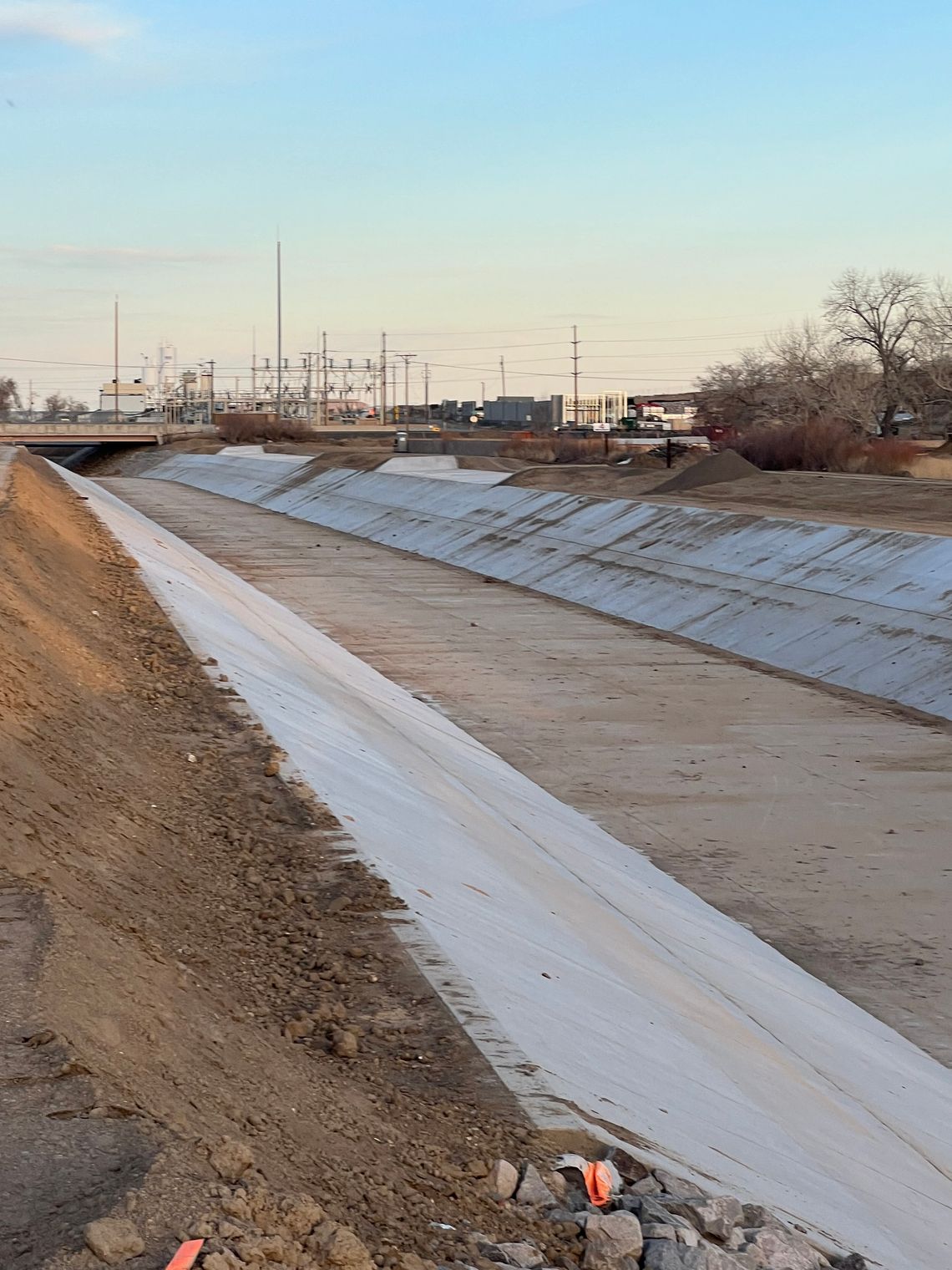
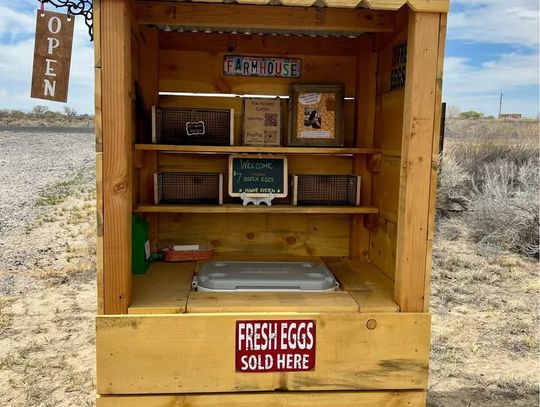
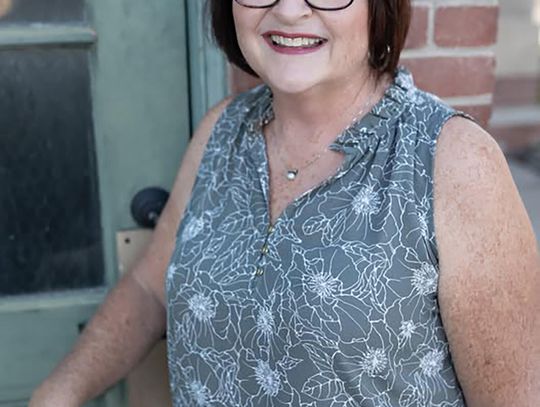
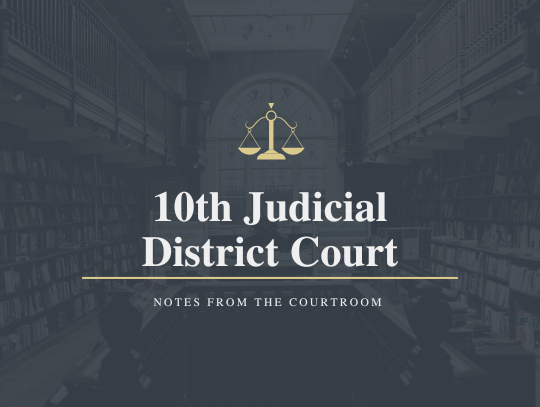
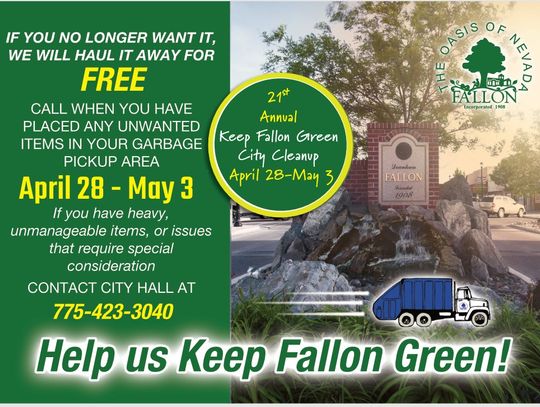
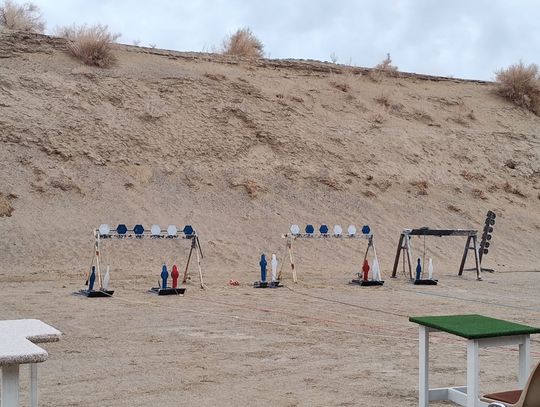


Comment
Comments